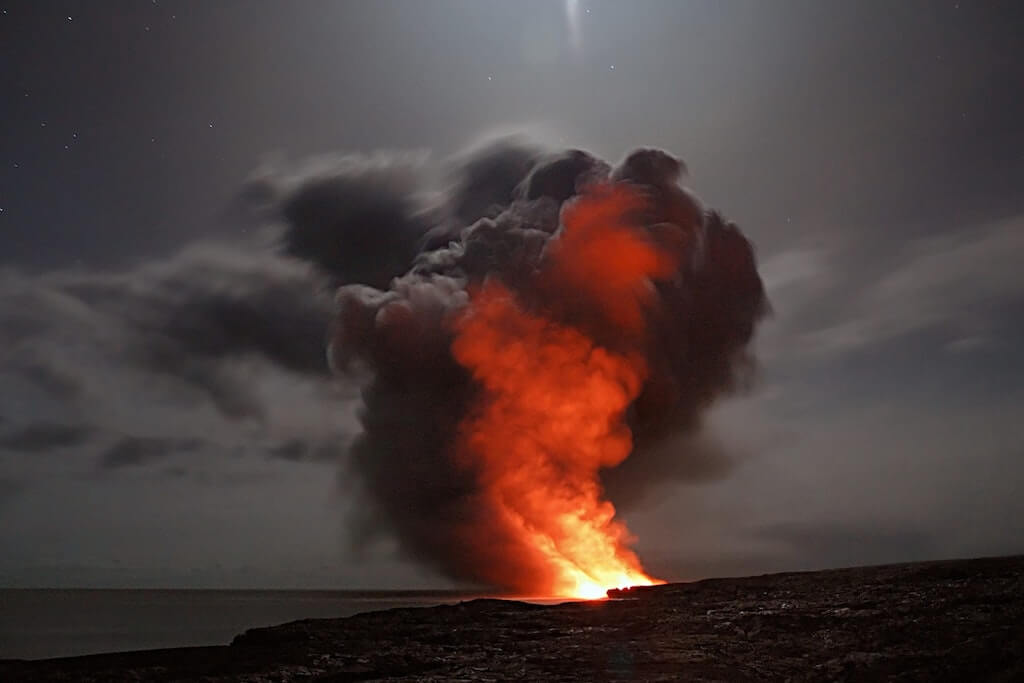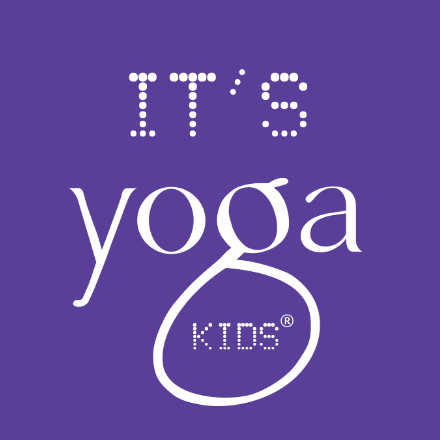
How To Calm Children With War in the World
Press PLAY to listen to this post.
This week has been a lot to handle with the Israel-Hamas war. One of the hardest parts of this devastation is its effect on children. They are likely to hear about it, so it’s best to talk about it.
Here’s how:
1. Get the facts. Kids have a lot of questions so make sure you have the facts. It’s helpful to have a basic understanding of what’s happening, even if you don’t have all the answers. Try The Associated Press and Reuters.
2. Find out what they know. Ask a couple key questions in a quiet time, (in the car or at dinner table is better than bedtime) Have you heard about what’s happening in Israel and Gaza? How does it make you feel? Keep checking in and limit social media use.
3. Be clear and concise. People are fighting about who’s in charge. Use the word “Hamas” rather than “Palestinians” when talking about who Israel is at war with. In any conflict, there are multiple perspectives and history to consider.
4. Breathe together. Instead of spiraling out, try breathing together. Hold hands. Breathe in to the top of your head (no more air can come in). Hold for a few counts. Then, breathe out slowly to your toes (no more air can go out). Repeat 3-5 times or until you feel calm.
5. Practice peace. Try the sensory countdown. Notice 5 things you see, 4 things you feel, 3 things you hear, 2 things you smell and 1 thing you taste. Exercising all your senses stops the swirl and helps you focus into the present moment, now.
A primary principle in yoga is to Do No Harm (ahimsa). Practicing yoga can help you access compassion for suffering and calm stress.
We want to be equal in our humanity. Peace on earth can be a reality when each person on this planet comes to peace within themselves.
Get trained. If you live or work with kids, you can model the skills your children need to succeed and meet the challenges of their time with confidence.
